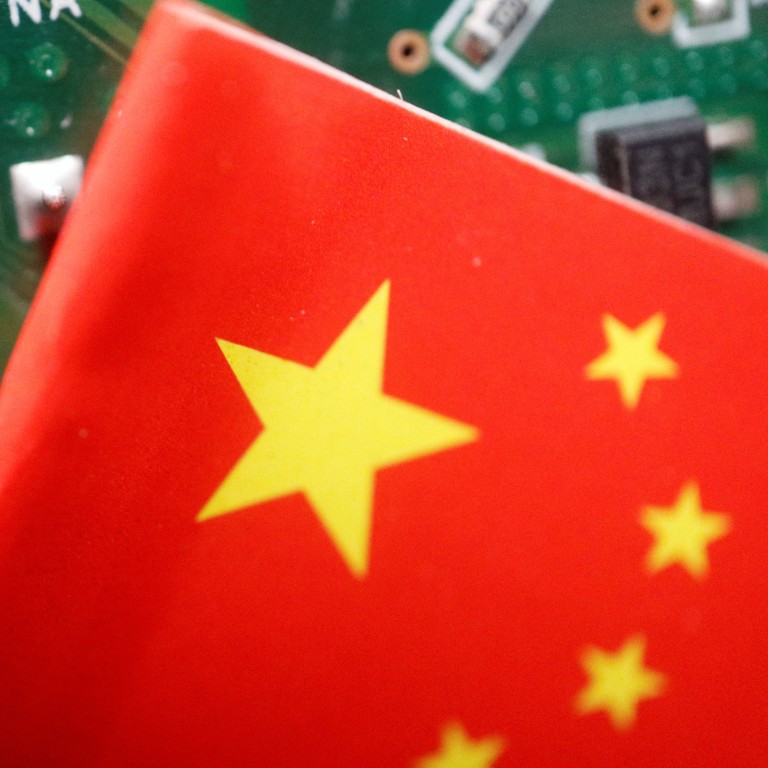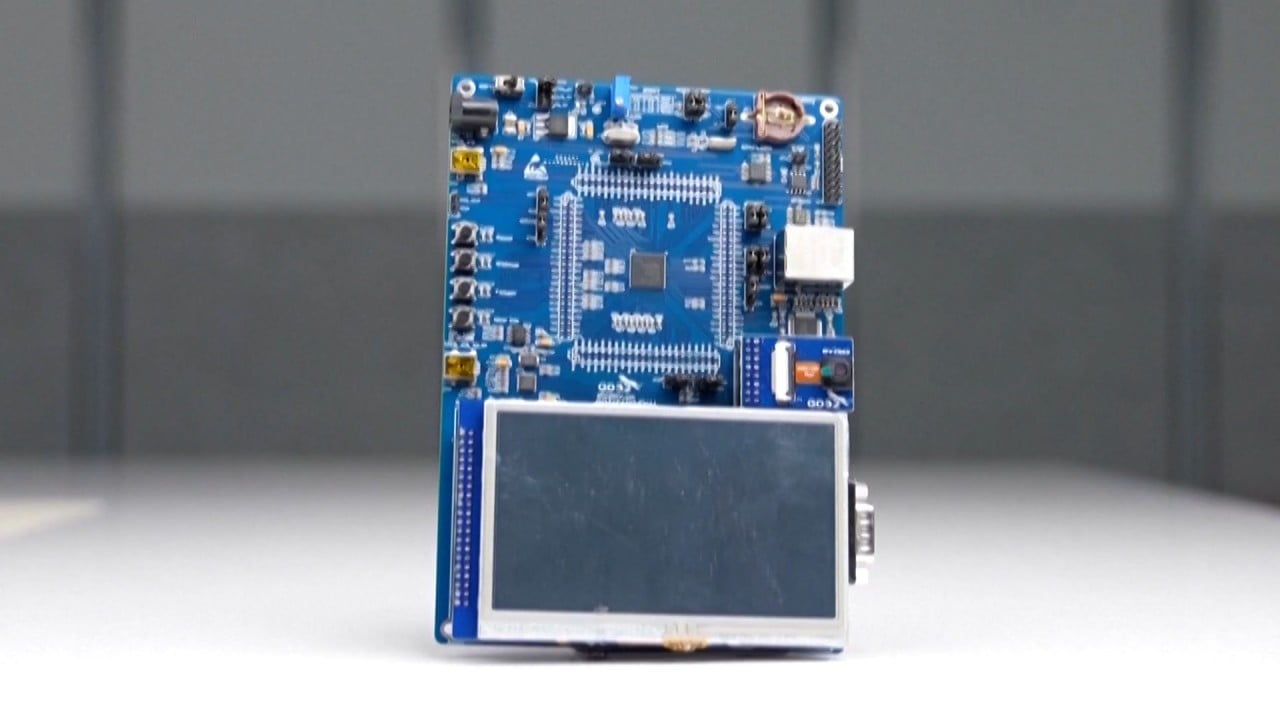
China protests over Dutch plan to cut chip access, as Netherlands moves to join US curbs on Chinese hi-tech
- Beijing has expressed ‘firm opposition’ to plans to restrict normal exchanges between Chinese and Dutch companies, foreign ministry says
- Move comes just over a month after reported US-Netherlands deal on limiting Chinese semiconductor access
However, China would be cautious about taking countermeasures that might hurt its economic interests, an observer said.
China was not named but would be affected as a key customer of semiconductor technology from the Netherlands.
China trade group warns US-led chip export controls threaten whole industry
The Chinese foreign ministry said it had lodged representations with the Dutch authorities.
“We express our firm opposition to the Dutch side for using administrative intervention to restrict the normal economic and trade exchanges between Chinese and Dutch companies,” foreign ministry spokeswoman Mao Ning said in Beijing on Thursday.
“We hope that the Netherlands will uphold an objective and fair position and market principles … not follow individual countries in abusing export control measures, and work with China to maintain the stability of the international industrial chain and supply chain,” she added.
In an apparent reference to the US, Mao also slammed “some individual countries” for “politicising” economic and tech issues and “threatening” allies to impose export restrictions against China in the name of “national security”.
The Dutch proposal, announced by trade minister Liesje Schreinemacher in a letter to parliament on Wednesday, did not mention China or the specific Dutch companies involved.
However, it said the move would affect “DUV” lithography systems, one of the most advanced machines sold by ASML, the largest semiconductor supplier in the Netherlands.
In a statement, ASML said the new restrictions would require the company to apply for export licences in order to ship its “most advanced” immersion DUV systems.
It would “take time” for the new export control rules to translate into legislation and be in effect, ASML added.

The Dutch company previously warned that semiconductor restrictions against China would damage the global supply chain.
China accounted for around 15 per cent of ASML’s sales in 2022. The company has sold more than €8 billion (US$8.44 billion) worth of DUV machines to customers in China since 2014, according to Reuters.
ASML and Japan’s Tokyo Electron are both major exporters of chip machinery to China.
China accounted for a third of overseas sales of such Japanese-made equipment last year, Nikkei Asia reported, citing data from the country’s Semiconductor Equipment Association.
The US has spent months trying to push major suppliers the Netherlands and Japan to join its efforts to hold back China’s semiconductor industry. Washington has already banned US companies from selling advanced chips or setting up factories in China since last year, as strategic competition with Beijing intensifies.
China doubles down on ‘whole nation’ approach to semiconductor self-sufficiency
Plans are also in the works to target other key sectors, such as 5G and artificial intelligence. Washington stopped issuing export licences for US companies to sell to Huawei in January, moving towards a total ban on doing business with the Chinese tech giant.
Noah Barkin, managing editor at Rhodium Group’s China practice, said the Dutch move to follow the US was “a sign of things to come”.
“Over the coming years, the US will be pushing its allies to get on board with a host of other restrictions on trade and investment with China,” he said.
Wang Yiwei, a professor of European affairs at Beijing’s Renmin University, said China had been taking steps to boost technological self-reliance in response to the US curbs.
However, it would be cautious about taking any reciprocal measure as that would further undermine its interests.
“China is now in a dilemma. It is [the US and its allies] that are violating market principles and decoupling from [China]. If you do the same and retaliate against them, the damage will be doubled,” he said.
“Overall it will have a great impact on the industry in the short term, that’s why we are now restructuring the Ministry of Science and Technology and paying attention to basic education in [science and technology].”
A major reshuffle of Chinese state institutions tabled at the national legislature this week included a key move to restructure the science and technology ministry and set up a central committee to oversee its work.

 - Kawala Xie.jpg?itok=NogZcyZ-&v=1661304068)
